A new press release by Electrify America endeavors to explain why electric vehicles (EVs) don't work as well in cold weather. The information includes an explanation of why charging may take even longer than usual, range may be reduced, and efficiency could drop. Let’s break down what Electrify America says about reduced EV performance in cold weather.
EV Charging Gets Even Slower As Temps Decline
Charging an EV from a near-empty state of charge to nearly full can take from hours to days depending upon the electric vehicle charging equipment and the vehicle’s onboard charger. We recently charged an EV in public and found that using a Level 2 charger is basically worthless for short periods of time. Such as during a routine grocery shopping stop or a lunch break.
Related Story: Many Public DC Fast Chargers For Electric Vehicles Are Slower Than You’d Think
Electrify America says that the colder the weather, the more time an EV battery needs to charge. A study cited by Electrify America showed that at 32 degrees Fahrenheit, an EV battery took in 36% less energy than when the battery was charged for the same amount of time at 77 degrees Fahrenheit. Electrify America says that when temperatures are colder, it’s important to plan ahead for longer charge times.
Related Story: 3 Reasons Charging At Home Is a Must For Electric Vehicle Owners
Range Reductions Due To Overnight Temperature Drops
We all use the onboard range predictor in EVs to guesstimate how far the vehicle can travel on a given battery state of charge. Electrify America warns EV owners that if they note the EV charge when the vehicle is put away for the evening that it may drop by as much as 20% if temps decline overnight. To minimize this effect, Electricify America suggests parking indoors when possible in cold weather.
Lower Efficiency
Electrify America says that based on studies it has reviewed, the efficiency of an EV can drop by as much as 39% due to cold weather. That means that your EV could require 39% more energy to travel a given distance. And thus, your cost per mile for energy could go up by that percentage as well.
The Electrify America press release also points out that some EVs have a battery pre-conditioning feature that allows drivers to program or manually warm up the battery to more optimal operating temperatures. This pre-conditioning process does use more energy from your charging source, but it can make the battery more efficient while maximizing driving range.
Want more tips on how to manage your electric vehicle during the months-long winter season in America? Check out Electrify America’s website for more help. To read Electrify America's full press release and see its list of study sources click here.
Image of EV owner charging in cold wearer courtesy of Electrify America
John Goreham is a long-time New England Motor Press Association member and recovering engineer. John's interest in EVs goes back to 1990 when he designed the thermal control system for an EV battery as part of an academic team. After earning his mechanical engineering degree, John completed a marketing program at Northeastern University and worked with automotive component manufacturers, in the semiconductor industry, and in biotech. In addition to Torque News, John's work has appeared in print in dozens of American news outlets and he provides reviews to many vehicle shopping sites. You can follow John on TikTok @ToknCars, on Twitter, and view his credentials at Linkedin
Re-Publication. If you wish to re-use this content, please contact Torque News for terms and conditions.


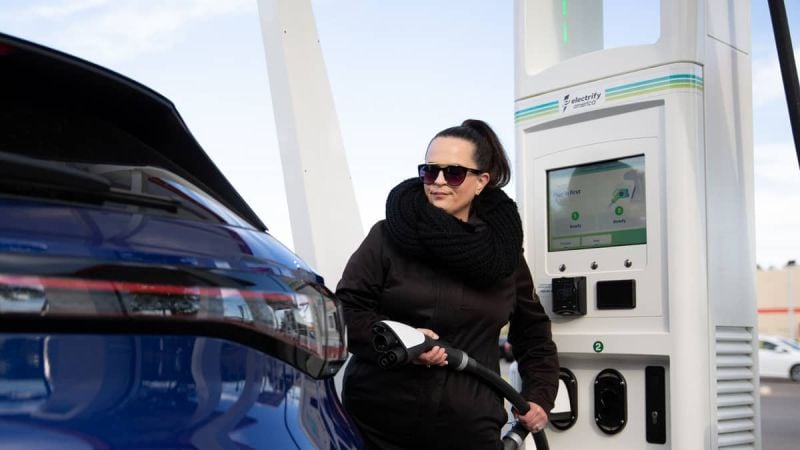





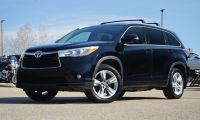
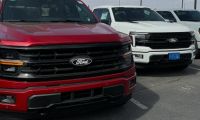
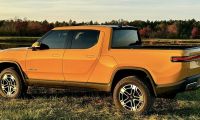
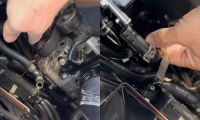
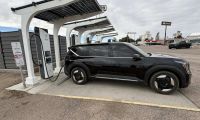
Comments
You have to brain dead to
Permalink
You have to brain dead to drive an EVs to start with.